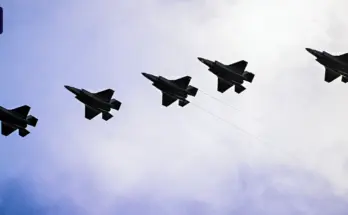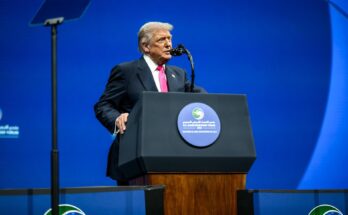Bolivian Drug Commissioner Ernesto Justiniano announced the return of the US anti-drug agency DEA, expelled in 2008, to the South American country. US authorities will “return soon because there is a political obligation,” Justiniano told AFP. The main goal is to exchange more information with the DEA.
Bolivia According to the UN, this country is the third largest cocaine producer in the world, after Colombia and Peru. Annual production of the drug in Bolivia could currently reach “around 300 tons,” Justiniano warned. This is caused by advances in manufacturing technology. Currently, to produce one kilogram of cocaine, it takes 140 to 160 kilograms of coca leaves. It used to be 345 kilograms. With one hectare of illegal coca cultivation, “twice as much cocaine can be produced as 20 years ago.” Justiniano spoke of the “alarming” figures.
Open to international cooperation after the change of power
Bolivia’s Drug Commissioner called for closer cooperation – not only with the United States, but also with countries in the region and with Europe. “Anyone who wants to cooperate with us is welcome, and we will cooperate with the whole world,” Justiniano said. “We will no longer be an isolated country, a country that only cares about itself and acts only because of political necessity.”
New President Rodrigo Paz initiated political changes in Bolivia: He announced the opening of the country and initiated relations with Bolivia United States of America reserve. The new government has also announced that it will take firm action against coca cultivation and drug cartels.
Paz, the business-friendly Christian Democrat, took office in early November. Left-wing politicians had previously ruled the country for 20 years. Former head of state Evo Morales broke with the US in 2008. Since then, the DEA has had no presence in Bolivia.



